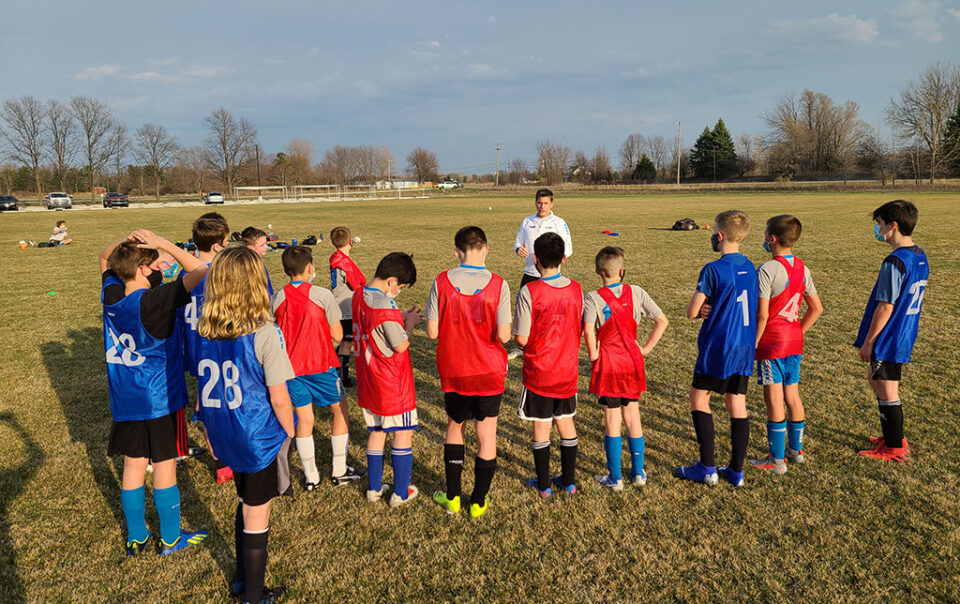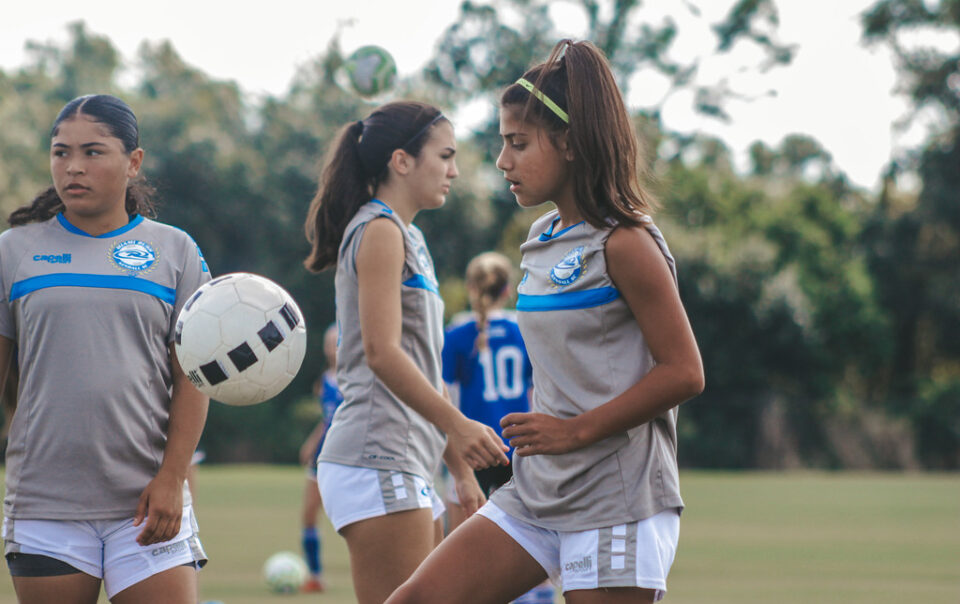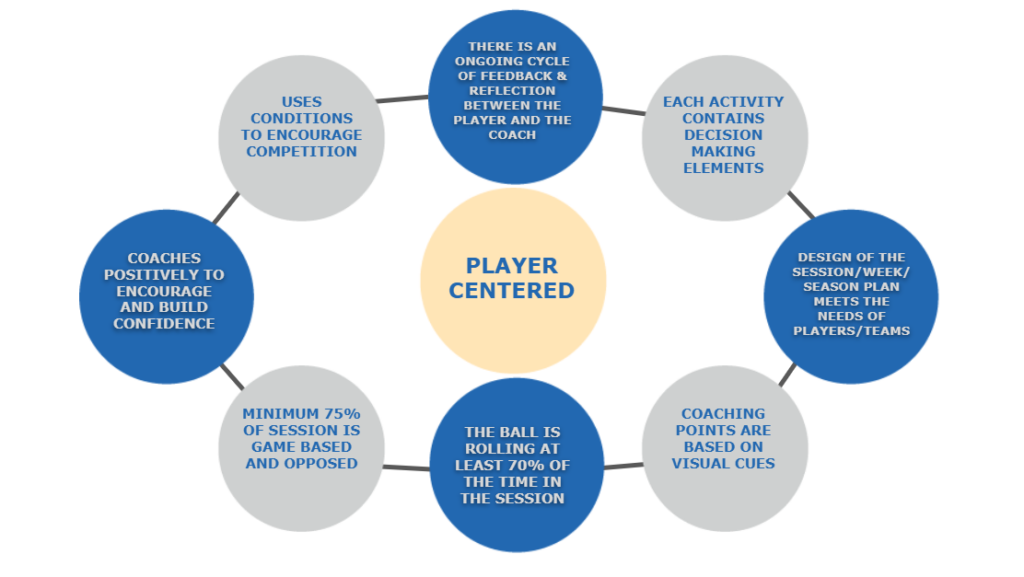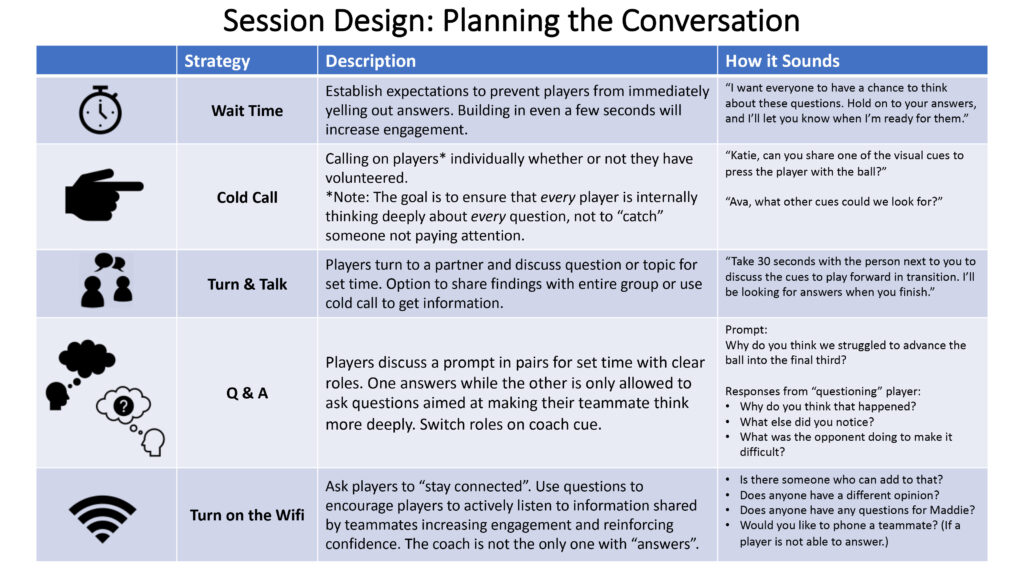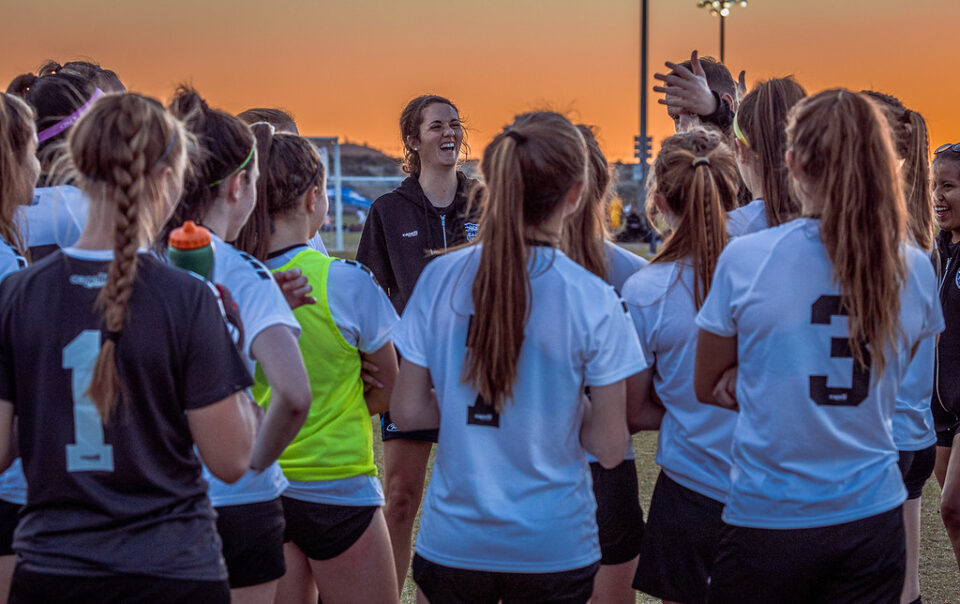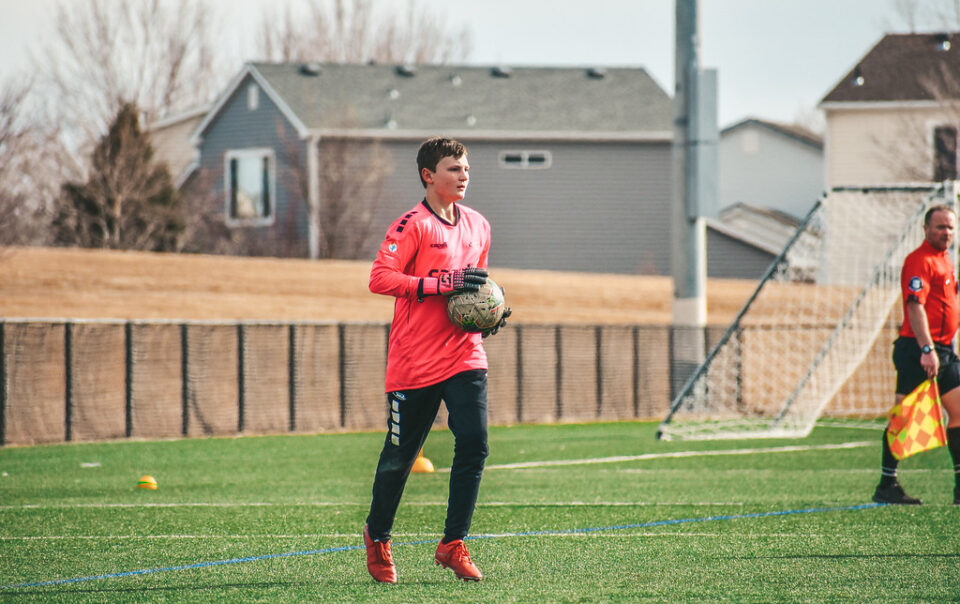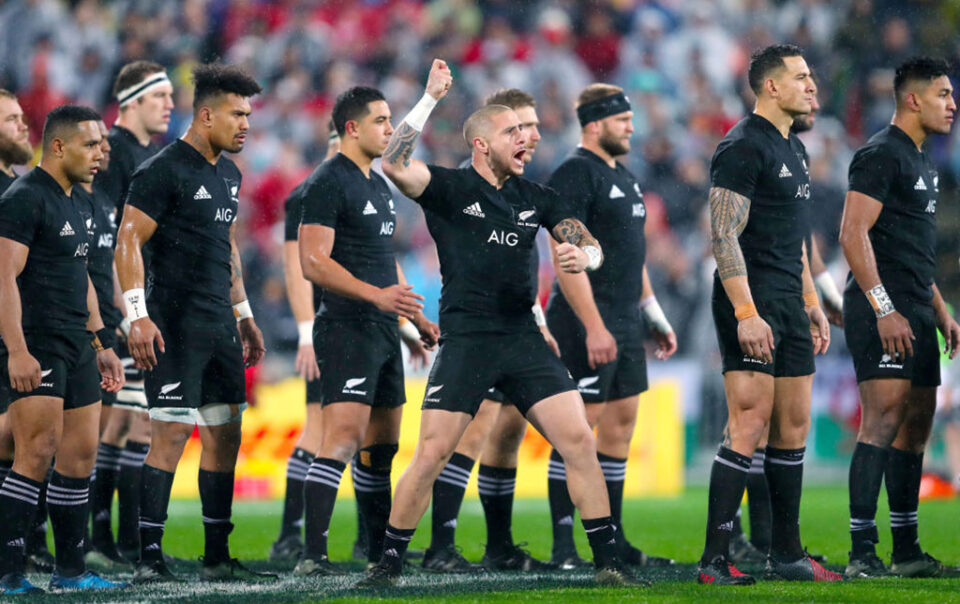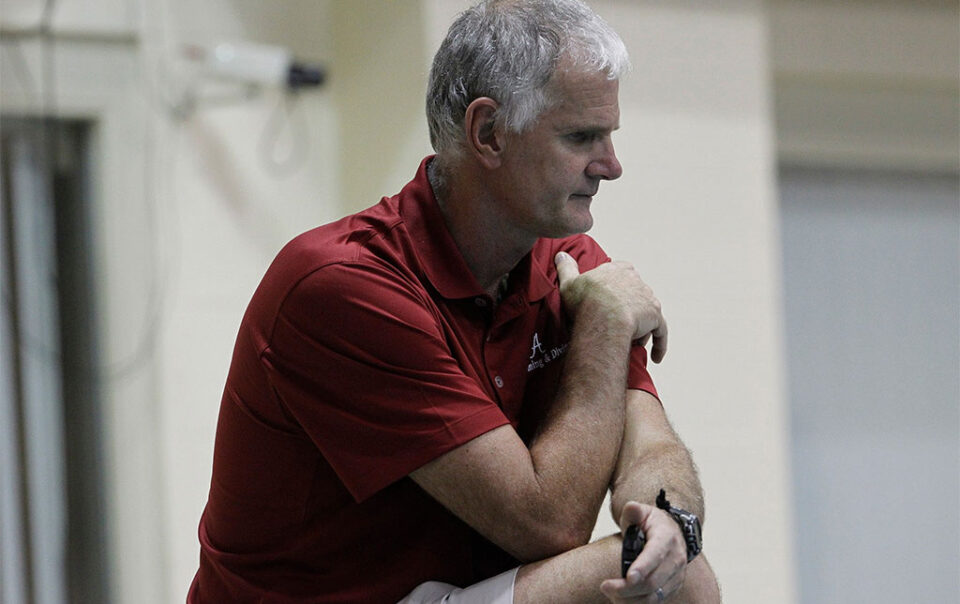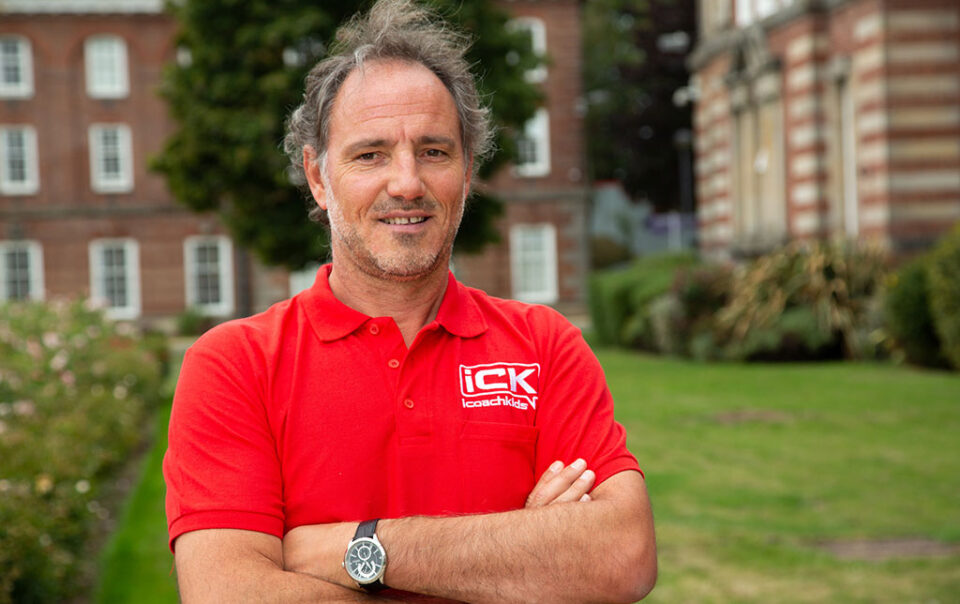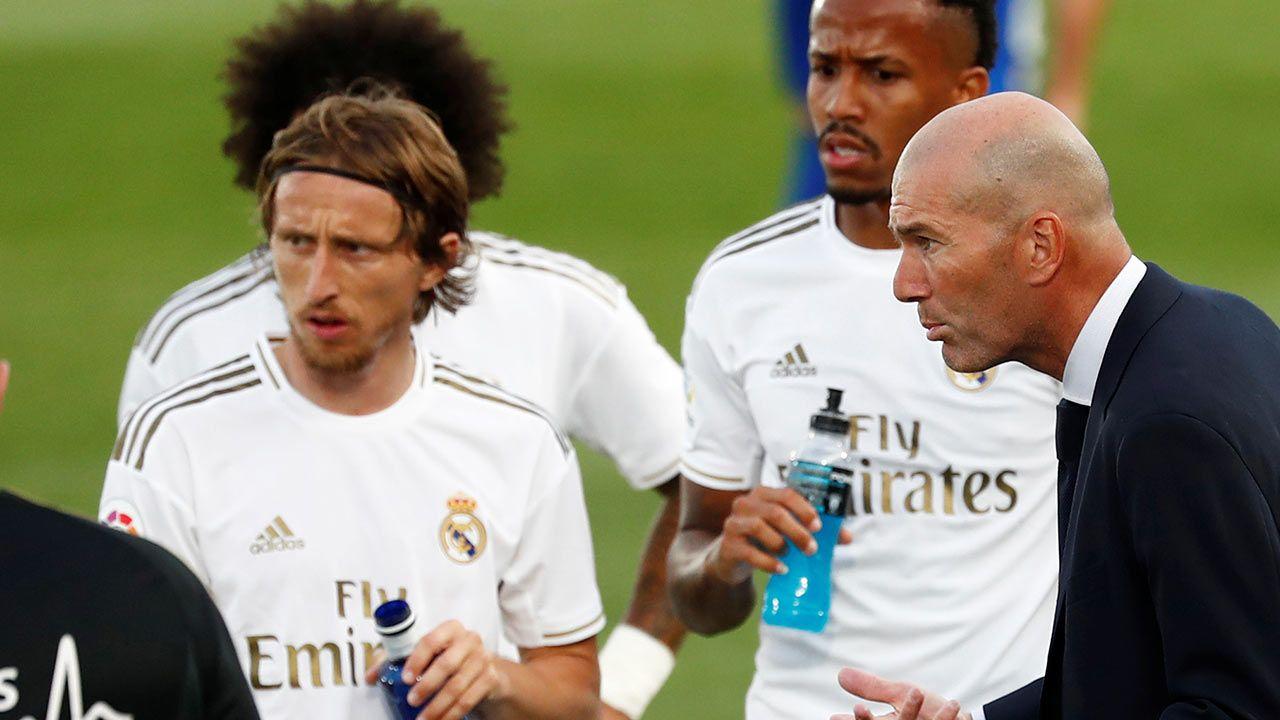Michigan Rush’s coach Brett Christensen has obviously had an impact in Guershom Sylvain’s development, coaching him for the last four years. In this article, Brett shares his coaching approach and thoughts on player development. Meet the coach behind Guershom Sylvain.
Guershom Sylvain is the Rush Player of the moment. Owner of a spectacular and inspiring story, the Michigan Rush ’04 striker received a full scholarship to continue his soccer (and education) development at Combine Academy.
Brett Christensen, Guershom’s coach, kindly answered our questions. Born and raised in Idaho, Brett also coached in Alaska before arriving to Michigan to obtain his PhD in Sports Psychology. And, as Guershom, he showed humility when asked for the player’s evolution: “I don’t know if I would say I am behind Guershom’s success as he was responsible for most of it, but I have helped him along the way”.
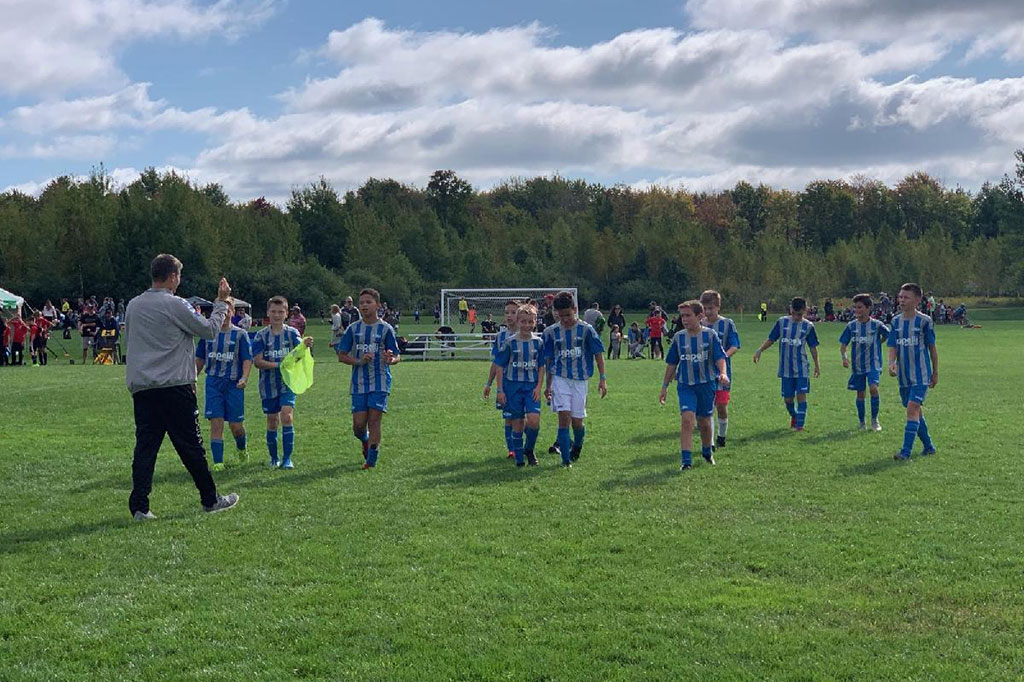
“Guershom came to our club after being noticed playing at a local indoor place. One of our coaches noticed him and talked him into coming out to a couple of training sessions. From there we noticed how athletic he was and got him to join our club. I did not coach him right away but I have coached him now for the last four years and he has grown a lot during that time because of his tremendous work ethic and how responsible he is as a person off the field“, he added.
- What do you think was the key aspect for success in your relationship with Guershom?
“I think the key aspect was developing trust between us. We have not always seen eye to eye, but as he learned I had his best interests in mind and he got more comfortable talking with me then things took off from there. He knows that if he does not understand what I am saying or if he thinks a different way that I will explain it to him so he understands why I am asking for certain things. That does not mean I do not listen or value what he says, I do because that trust goes both ways. He has a different perspective on the field than what I do as a coach so we can often have good discussions about how we play. I don’t think he would be where he is now if I just told him as a coach that I expect things a certain way but I never explain why that is important and how it relates to the game. It could be as little as why we play a certain foot in a situation to as big as the system we are playing as a team. When I coach, I want all the players to have that understanding. He knows in every game and training session there is a team aspect that is important, but so is his individual contribution to the team and his individual development and that all these things work together”.
- Was Guershom way above the rest? If so, how did you handle that situation?
“He has always been more athletic, but not always above everyone else. I have been lucky enough to coach a number of players that have been very good. It is having this experience of coaching these players that helped me develop my coaching style and ability to work with top players in my teams. I know I have to be prepared to adjust sessions to a level that the top players are adequately challenged, but without losing the bottom half of the group. Giving individual goals in addition to the team goals in a training session really helps balance a session and keep everyone developing”.
Brett adapts his coaching approach based on the group he is coaching and how they respond to his coaching style. But he always focuses on the mental side of the game and encourages decision-making from the players: “I use games that require the players to figure it out while playing instead of giving them a pattern or letting them just run through the motions. I like the players I coach to be adaptable and be able to think for themselves. I want them to know that mistakes are okay but only if they learn from them. I want them to really try to push themselves to be better every time they are on the field”.
“I also use an individual approach to coaching. I will give things to the players as we are training to make things more challenging or more game like for their specific position. It requires a lot of planning on my part to have my training sessions adaptable for each player, but I feel the players understand the game better and what is expected out of the training session. It is also a great way to push your top players. Giving them more to do, or additional things to focus on during training helps them deal with the pressures of the game and be more effective when teams set up to stop them”, he stated.
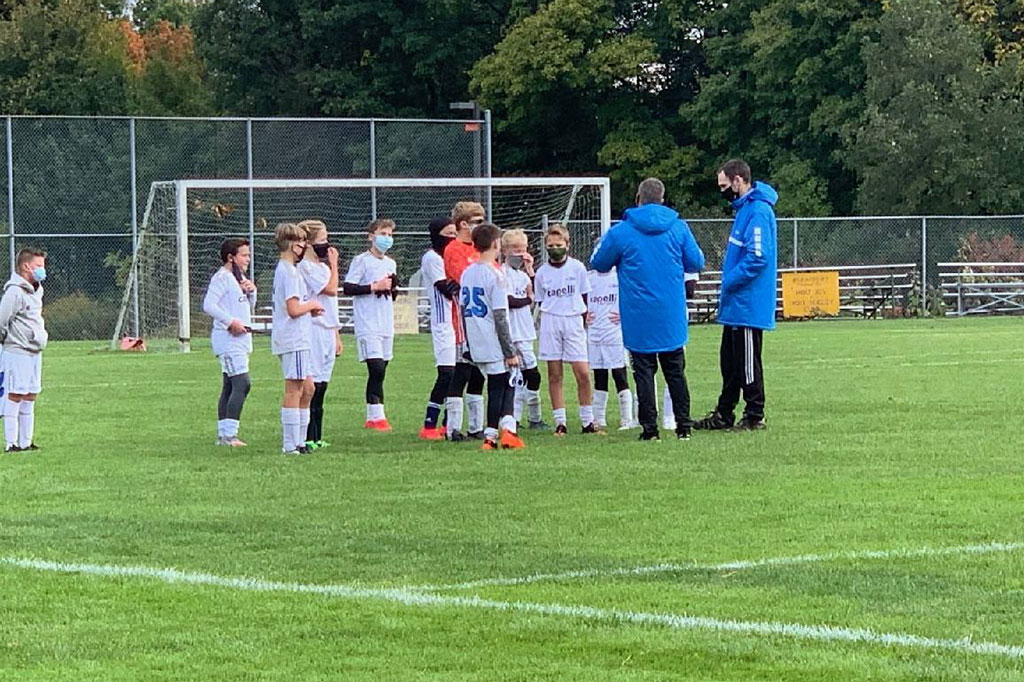
“If I am looking at players that are trying out for my team, I look for coachability, work ethic, and then technique and athleticism in that order. I want players who are hungry to learn and push themselves to get better”
Brett Christensen.
“If you look at it from a Rush perspective, I want players that embody the core values. I want those players that don’t have to work at those values, they live them every day because that is who they are as a player and as a person”.
- Open space, Brett. What would you want to tell the thousand of Rush coaches reading this article?
“If I could give some advice to coaches it would be to do what is best for your players and the team in that order. I see coaches all the time that set a team up around what is best for the coach but puts the team and players at a disadvantage. A coach is there to develop players. If you do your job well then the team results will come but having a player’s first attitude to development will reap the biggest rewards. This is at all the levels and age groups. It does not matter if it is 3 year olds playing fun silly games, or academy level players. Focus on the players. The biggest compliment a coach can get is other teams wanting your players.
Last thing, players being uncomfortable and even a little frustrated at times is a good thing for them and the team. It shows they are growing and having to adapt. This is what you should strive for in your sessions. You want them to really work to get what you want out of a session because it won’t come easy in a game. I once had a friend of mine say that training sessions should be harder than your games because then the games are easy. This is the mindset I want from my players. I get at players in training and push them, but in games I want it to be about them. I want them to enjoy what their hard work has got them”.
Thank you, Brett!


